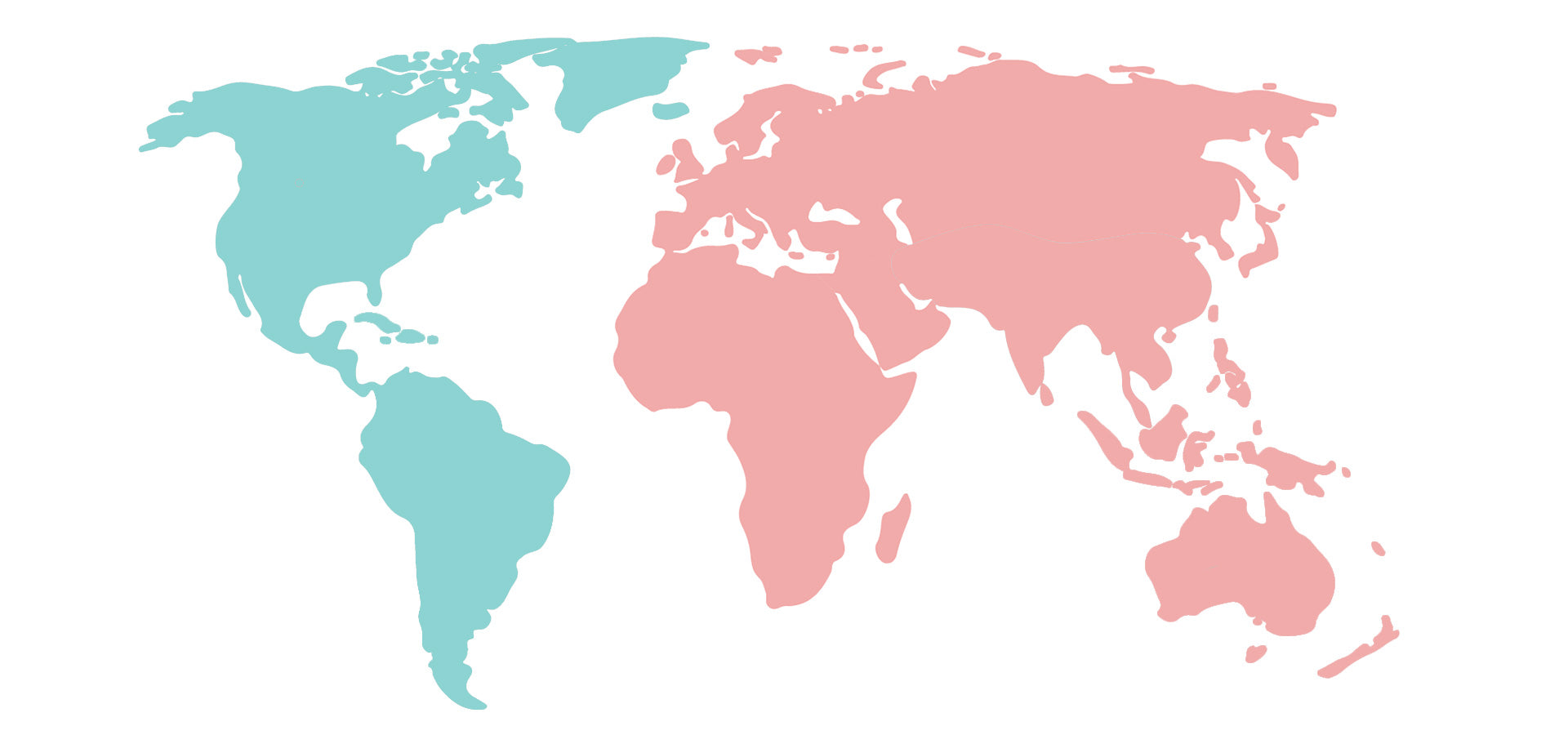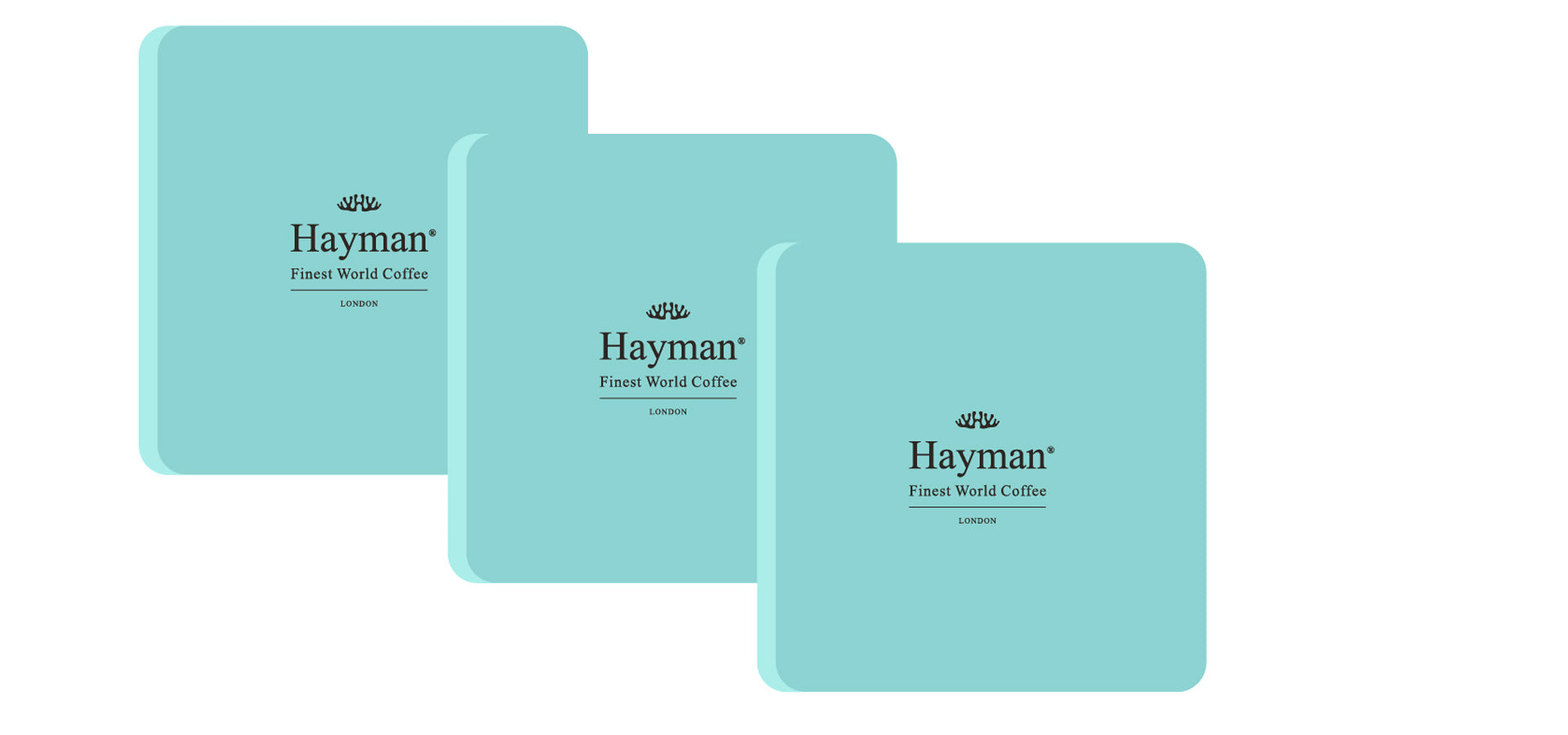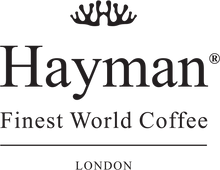Seven Things About Jamaican Blue Mountain Coffee (Part 2)

Kicking things off with a bonus factoid, did you know that coffee is not in fact native to Jamaica at all? It was actually introduced to the landscape of the Blue Mountains in the early 18th century, at which point the region’s farmers quickly realized they had something pretty epic on their hands!
The rest, as they say, is history. Jamaican Blue Mountain Coffee is the most prestigious and sought-after Jamaican coffee in existence, attaching one of the highest prices of any gourmet coffee.
As promised, here’s the concluding part of our two-part post highlighting a few essential facts and figures about this remarkable export:
4) The Blue Mountains are unique cultivation territory
Stretching for around 30 miles (i.e. 48 km) in total, the tiny Blue Mountain coffee production region reaches a top elevation of 7,402 feet (i.e. 2,256 meters). The soil quality is unique, the thick surrounding foliage provides plenty of shade and the elements douse the area with more than 200 inches (i.e. 5.1 meters) of rain per year.
Suffice to say, there is no coffee production region in the world that has the same (or even similar) conditions. It’s a harsh and unforgiving environment, but one that produces seriously impressive results.
5) Every bean is handpicked and personally inspected
No automation, no mass processing and no guesswork – it’s all done by hand. Every bean is personally inspected and verified for quality by a skilled and experienced grower. Unless it makes the grade in terms of color, size, shape and moisture content, it’s rejected.
These second-rate beans are then dried and processed into coffee of pretty fantastic quality in its own right, sold in domestic markets and enjoyed by tourists.
6) Annual Jamaican Coffee output is extremely low
In Ethiopia, around 800 million pounds (i.e. 363 million kilograms) of coffee is produced each year. In Jamaica, total annual output is somewhere around 14 million pounds (i.e. 6.35 million kilograms). Something that provides an idea of the scarcity of the stuff, which goes some way to explain its exclusivity.
Subsequently, a standard bag of Jamaican Blue Mountain Coffee straight from the producer can cost anything from a $50 to $120. Once it has passed through a bunch of intermediaries on the way to the seller, it can ultimately cost way more than this.
7) Japan’s obsession with Jamaican Blue Mountain Coffee is legendary
Last up, one of the reasons Jamaica Blue Mountain coffee is so expensive across much of the world is the fact that Japan claims around 80% of it each year. That leaves a paltry 20% for the rest of the world to fight over, which isn’t much when considering the island’s tiny annual output.
Japan’s obsession with Jamaican Blue Mountain Coffee never fails to make it an even more exclusive commodity elsewhere. Demand always exceeds supply by a significant margin, but sadly there’s not a great deal that can be done about it. Still, it’s a small price to pay for a cup of coffee like nothing else you have ever tasted!
At Hayman’s online coffee store, you will find the best coffee beans in the world, including the famous Jamaican Blue Mountain coffee. Click here to order today, we offer free worldwide shipping!










